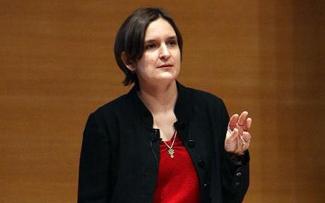Benefits and costs of road traffic congestion pricing: Evidence from Bangalore
-
India-89415.pdf
PDF document • 197.91 KB
- Chronic road traffic congestion is ubiquitous in developing countries. Congestion pricing is a theoretically appealing and technologically feasible policy, yet to date has not implemented in developing countries.
- This brief examines an experiment with congestion pricing pilot policies to learn how commuter change their driving behaviour due to charges, focusing on when trips take place (during or off peak-hours).
- Commuters value the time they spend driving highly, that is, traffic congestion is costly. In relative terms, commuters are moderately flexible to change their schedules.
- However, travel times during peak-hours are not very responsive to the volume of traffic. This result is in stark contrast to findings for highways in developed countries.
- The social gains of re-allocating vehicle trips away from the peak-hour period using congestion pricing are small. Intuitively, the social value of travel time saved by inducing commuters to avoid peak-hours is not much larger than the costs to those commuters of travelling at different, more inconvenient times.




